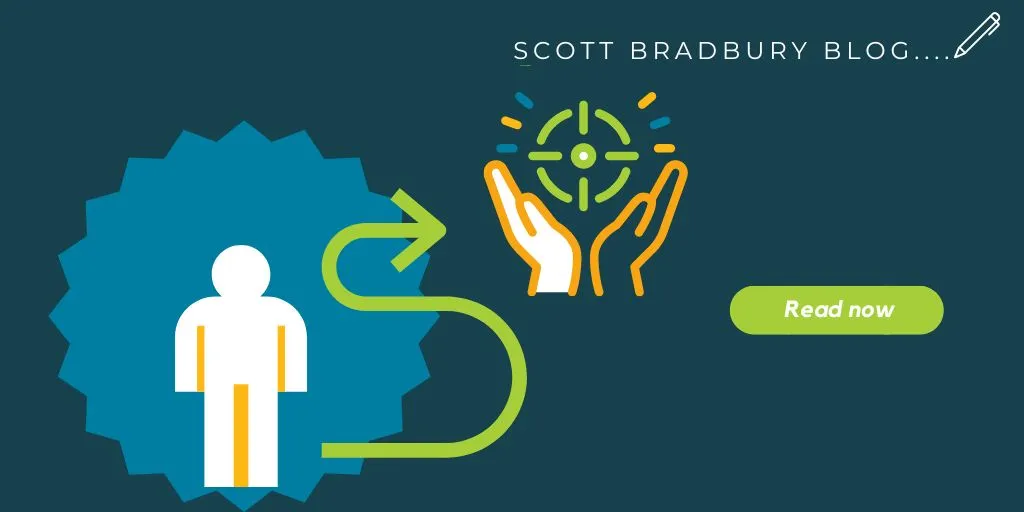
Purpose Driven
Is the clutter of urgent tasks crowding out your real purpose? If we don’t focus on what we’re here for, it’s easy to be distracted from key objectives when we’re buffeted by various, energy-sapping demands.
However, if we’re not laser-focused on our goal to upskill our workforce, how can we possibly harness the energy and commitment associated with ‘drive’, to ensure our people embrace learning ‘on purpose’?
Being clear about our priorities is essential. Knowing what we’re here for, what our purpose is, motivates us to act, promotes productivity and contributes to job satisfaction.
But I speak regularly with Learning & Development and HR professionals who tell me how their huge workloads suck time and attention away from their stated aims. They end up doing not what they’re employed to do but to firefight or fill gaps. Everything takes longer than it should with the consequence that other projects also suffer. And it’s not just in our own profession. I see it repeated again and again in other roles too. The very people we are trying to upskill and engage in learning are also distracted by ‘events’ and don’t allow time to develop themselves in a structured way. I was told by one HR professional the other day that employees are asking for soft skills learning to be made ‘mandatory’, so they feel they have been given permission to allocate a little time for it in their busy schedules. Mandating our development instead of being guided by a strong sense of purpose, concerns me.
It’s long been appreciated that having a sense of purpose is vital for one’s wellbeing and performance. We need to believe in what we are doing and why we are doing it. During the Covid pandemic I wrote a piece about the need to have a strong sense of purpose to get us through it. Now that we are in the post-pandemic era, we are still battling the legacy of the working from home debate. Maintaining a sense of purpose is as important as ever.
An effective team not only needs the bond of trust, but it must also have a uniting sense of purpose. Everyone must work collaboratively to achieve team goals and understand their individual contribution to success. And to be high performing, the team collectively needs to understand their contribution to wider departmental and organisational objectives.
Doing what we do on purpose and with purpose gives meaning to our working lives. Drifting from one thing to another because we’re feeling overwhelmed does us harm in the long run, both from a personal health perspective and a professional reputational one.
Last year, I coined a phrase which seems to resonate with people: ‘The greatest enemy of productive work is unproductive work’. Unproductive work is a symptom of a lack of clarity of purpose. If we only do the things that matter, that move us forward towards our goals, we make progress.
So, if we take the goal of upskilling our people as our mission, we need to be purpose driven if we are to be successful. Where there is ‘drive’ there is energy and passion, enthusiasm and advocacy. How do we harness these powerful forces to engage our people in the learning which is not only good for them but good for our organisation, too?
One of the great things about a sense of purpose is that, like leadership style, it is contagious. It permeates your culture, and cascades positively if nurtured and supported. Here are my recommendations:
Take action on purpose
What actions can you and your colleagues take on purpose to advance the take-up of skills development offerings?
Have a purposeful diary
Only agree to the tasks and events that move you forward to achieving your goals. Don’t commit to those that don’t. Lead by example: schedule in time for learning and be clear about what you will achieve in the allotted time. Encourage others to do the same.
Promote the purpose of learning
Be clear about why your people need to make time for learning. How will you help build a culture where people are valued for taking time out for skills development? What’s in it for them? How does this align with your organisational goals and values?
Measure outcomes purposefully
You’ve heard the phrase, ‘what gets measured gets done’. Identify what you want to measure and why. Don’t just measure, for example, how many CPD learning minutes have been achieved, or how many people completed a programme! Focus on outcomes. Be clear from the start that you will measure observable differences. How has the learning impacted performance? If people - and their managers - have a clear sense of purpose about what they are learning and why, they are already tuned in to the importance of outcomes. The benefit of this is that they perceive learning as a means through which they achieve their purpose, rather than something unrelated they need to ‘make time for’ in a busy day.
What are you going to do today to promote the drive for learning? Whatever you do, be purpose driven.
Catherine de Salvo
1 February 2024
You can contact Catherine at catherine@scottbradbury.co.uk or via LinkedIn